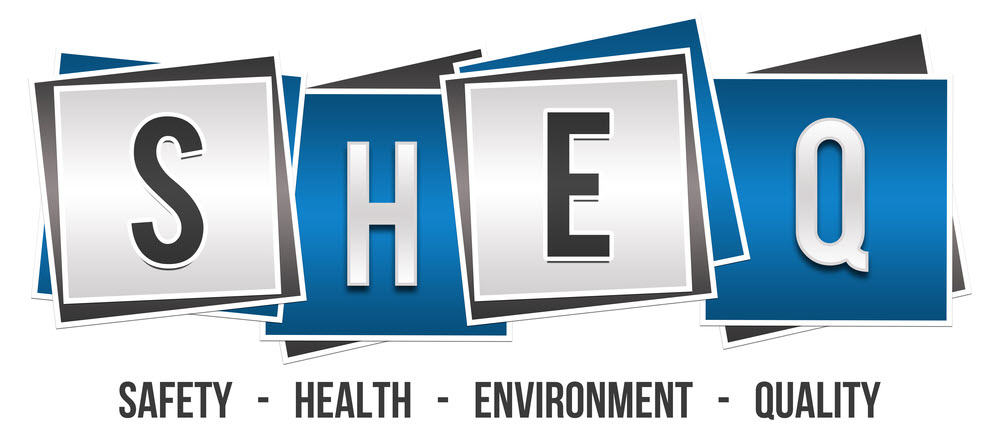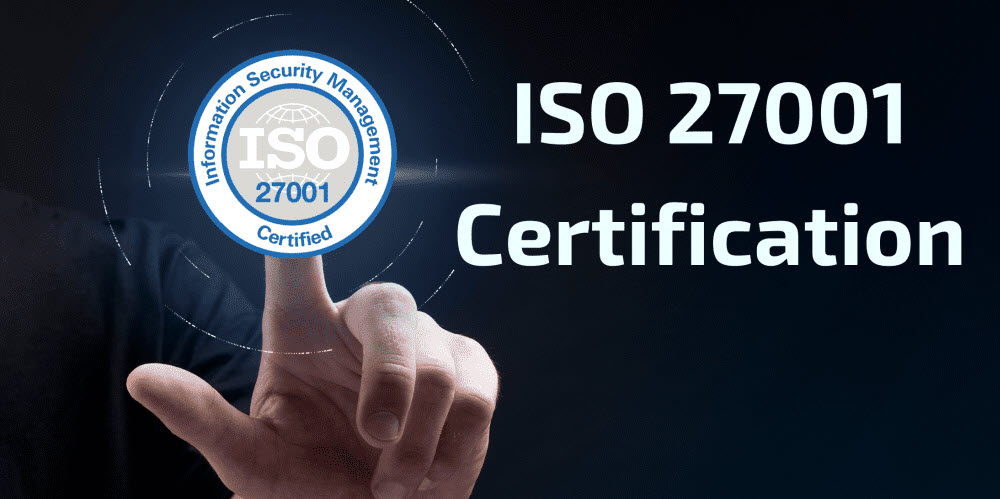EQMS Blog

What is the Purpose of Auditing
Auditing plays a critical role in maintaining accountability, transparency, and continuous improvement within organisations. Whether conducted internally or by third-party auditors, the process of auditing is a vital mechanism to ensure compliance with standards, laws, regulations, and internal policies. But beyond simply ticking boxes, the purpose of auditing goes much deeper, it helps build trust, uncover inefficiencies and drive continual improvement.
Understanding the Core Purpose of Auditing
At its core, the purpose of auditing is to provide objective assurance that an organisation’s operations and systems are functioning as intended. Audits offer independent evaluations that help stakeholders gain confidence in the integrity of processes and compliance measures.
Ensuring Compliance
One of the most recognised purposes of auditing is to confirm that an organisation adheres to relevant laws, industry standards, and internal policies. In highly regulated sectors, such as finance, healthcare and manufacturing, audits are essential in demonstrating legal and regulatory compliance to external authorities.
Promoting Accountability
Audits foster a culture of responsibility within an organisation. Knowing that operations may be subject to review encourages employees and departments to adhere to procedures and uphold ethical standards. Auditors often assess roles, responsibilities, and authorisations to ensure controls are being properly exercised.
Improving Risk Management
Another important purpose of auditing is to identify risks before they escalate. Audits can reveal weaknesses in internal controls, security measures, or operational practices that may lead to financial loss, reputational damage, or safety concerns. By highlighting these risks early, organisations can implement corrective actions and mitigate future harm.
Supporting Strategic Objectives
Audits are not just about finding faults, they also provide insights that help organisations align processes with strategic goals. An effective audit will assess whether activities are contributing to overall objectives and identify opportunities for streamlining or improvement.
Types of Audits and Their Specific Purposes
Auditing is a broad discipline, and different types of audits serve different purposes depending on the focus and context. Understanding these variations helps to appreciate the full spectrum of auditing’s value.
Internal Audits
Internal audits are conducted by or on behalf of the organisation itself. These audits are designed to evaluate internal processes, risk management, and the effectiveness of internal controls.
The purpose of internal auditing includes.
- Verifying the adequacy of internal controls.
- Ensuring efficient use of resources.
- Supporting decision-making by providing independent feedback.
- Monitoring compliance with internal policies and procedures.
Because internal audits are conducted regularly, they allow for ongoing monitoring and continuous improvement.
External Audits
External audits are performed by independent third parties, often for certification, regulatory, or financial purposes. They are especially common in financial reporting and ISO management systems.
The purpose of auditing in this context includes.
- Providing assurance to shareholders and external stakeholders.
- Validating compliance with standards such as ISO 9001 and ISO 14001.
- Supporting transparency and credibility in public reporting.
- Identifying gaps or non-conformities that need resolution.
Third-party certification audits can also act as a competitive advantage, giving customers confidence in the organisation’s ability to meet expectations consistently.
Supplier or Second-Party Audits
These audits are conducted by one organisation on another, typically a customer auditing a supplier. The goal is to ensure that the supplier’s operations, quality controls, and ethical practices meet agreed standards.
The purpose of auditing here includes.
- Verifying supplier capability and reliability.
- Ensuring product or service quality.
- Reducing supply chain risks.
- Enhancing business relationships through transparency.
Supplier audits can be particularly important in industries where quality, safety, or sustainability are paramount.
The Broader Organisational Benefits of Auditing
Beyond compliance and control, the purpose of auditing extends to generating tangible business value. A well-structured audit programme contributes directly to organisational improvement and stakeholder confidence.
Driving Continuous Improvement
Audits help organisations measure current performance against objectives and identify areas for growth. Recommendations from audit findings often lead to more efficient processes, reduced waste, and better use of resources.
Enhancing Reputation
Regular audits, especially those conducted by reputable third parties, can enhance an organisation’s credibility in the eyes of customers, investors, regulators, and the public. It shows a commitment to excellence and a proactive approach to governance.
Encouraging Organisational Learning
Audit results create opportunities for shared learning. Lessons drawn from one department or site can be applied across the wider organisation, helping to standardise best practices and avoid repeated mistakes.
Fostering Transparency and Trust
Whether internally or externally, the audit process ensures that important issues are surfaced and addressed. This fosters a sense of trust among employees, management, and external stakeholders,that the organisation is being managed effectively and ethically.
Conclusion
In summary, the purpose of auditing extends far beyond mere box-ticking or regulatory obligation. Audits are a powerful tool for assessing performance, mitigating risk, and ensuring accountability. By implementing regular audits, whether internal, external, or supplier-based, organisations can create a culture of continuous improvement and integrity.
In today’s complex and fast-changing business environment, the organisations that thrive are those that understand the true value of auditing. Not only does it ensure compliance and governance, but it also unlocks opportunities for strategic growth, efficiency, and trust.
If you are considering implementing a supplier audit program within your organisation, feel free to contact us to discuss how we can support with an effective implementation and/or carrying out your supplier audits.
Continue to Outsourced Supplier Audits
Request a free consultation
Contact us to discuss your needs and see how we can support to reach your goal.

Recent posts

Achieving consistent quality and meeting customer expectations are fundamental goals for any organisation. One of the most widely recognised tools to support this is the ISO 9001 quality standard. As...

In today's increasingly regulated and safety-conscious business environment, organisations must maintain rigorous standards across Safety, Health, Environment, and Quality (SHEQ). These integrated disciplines are critical to ensuring operational excellence, legal...

Achieving ISO 27001 certification is a significant step for organisations seeking to demonstrate a robust approach to information security management. However, one of the most common questions companies ask before...
Just a Few of Our Clients
Request a Free Consultation
Contact us to discuss your needs and see how we can support to reach your goal.















